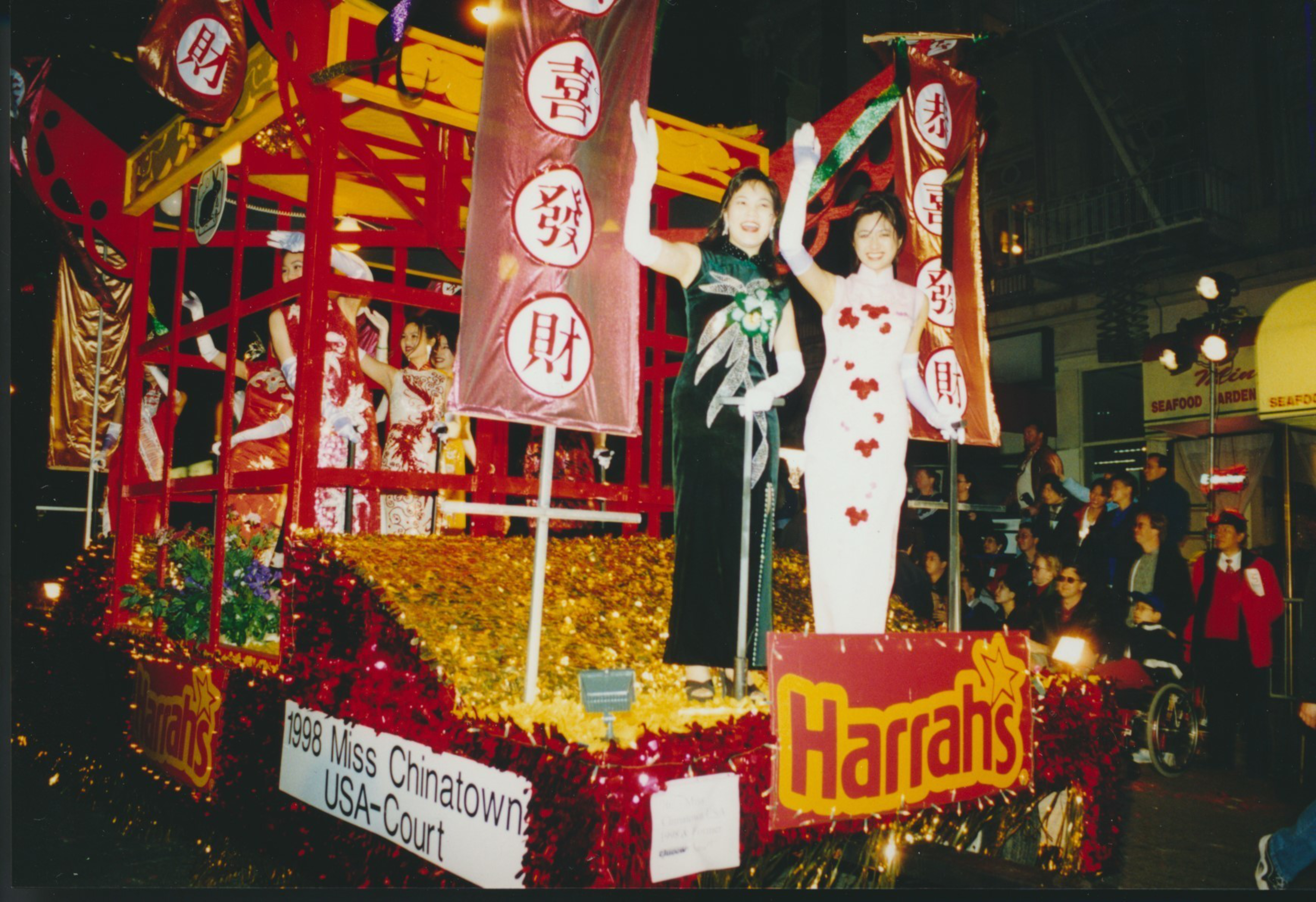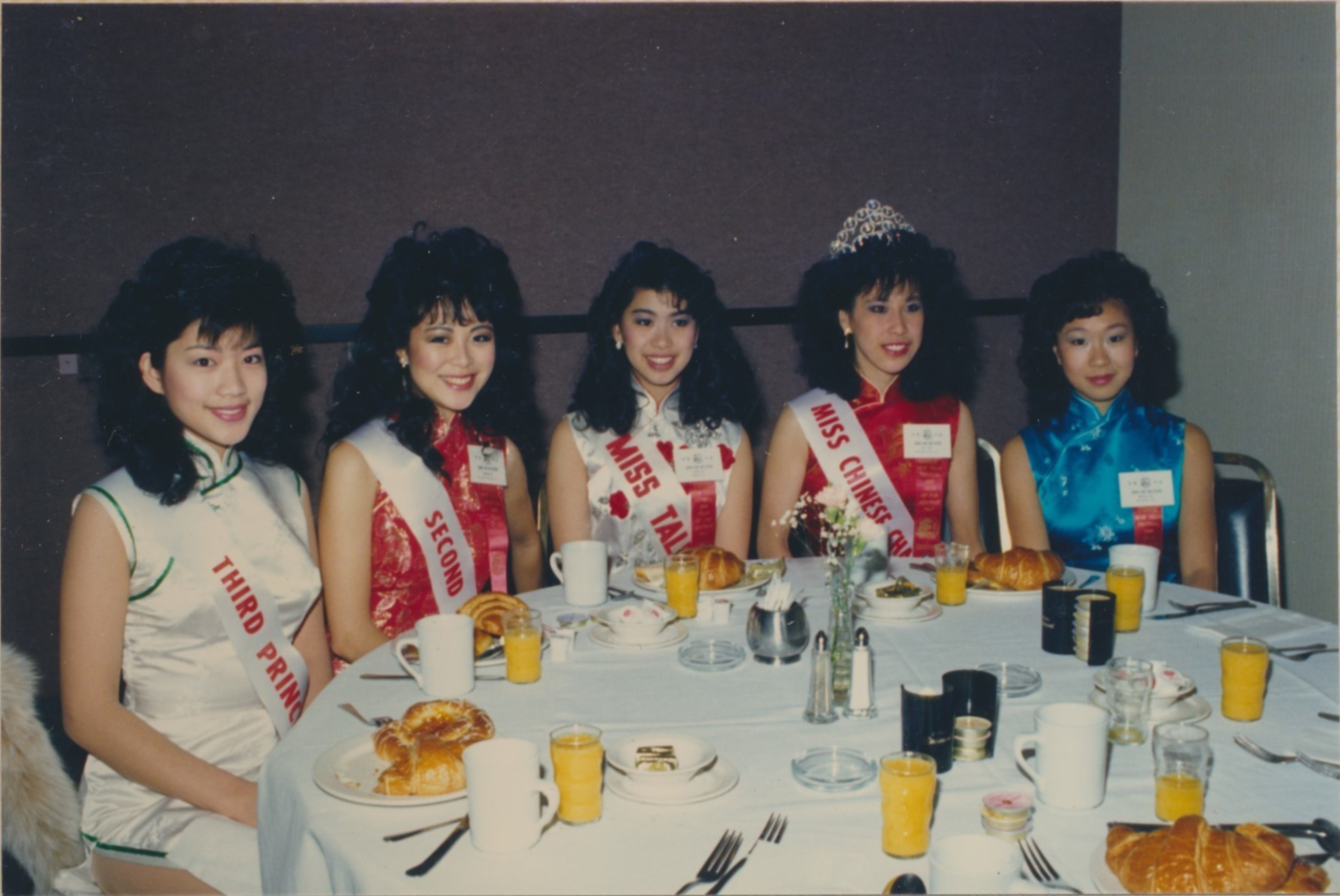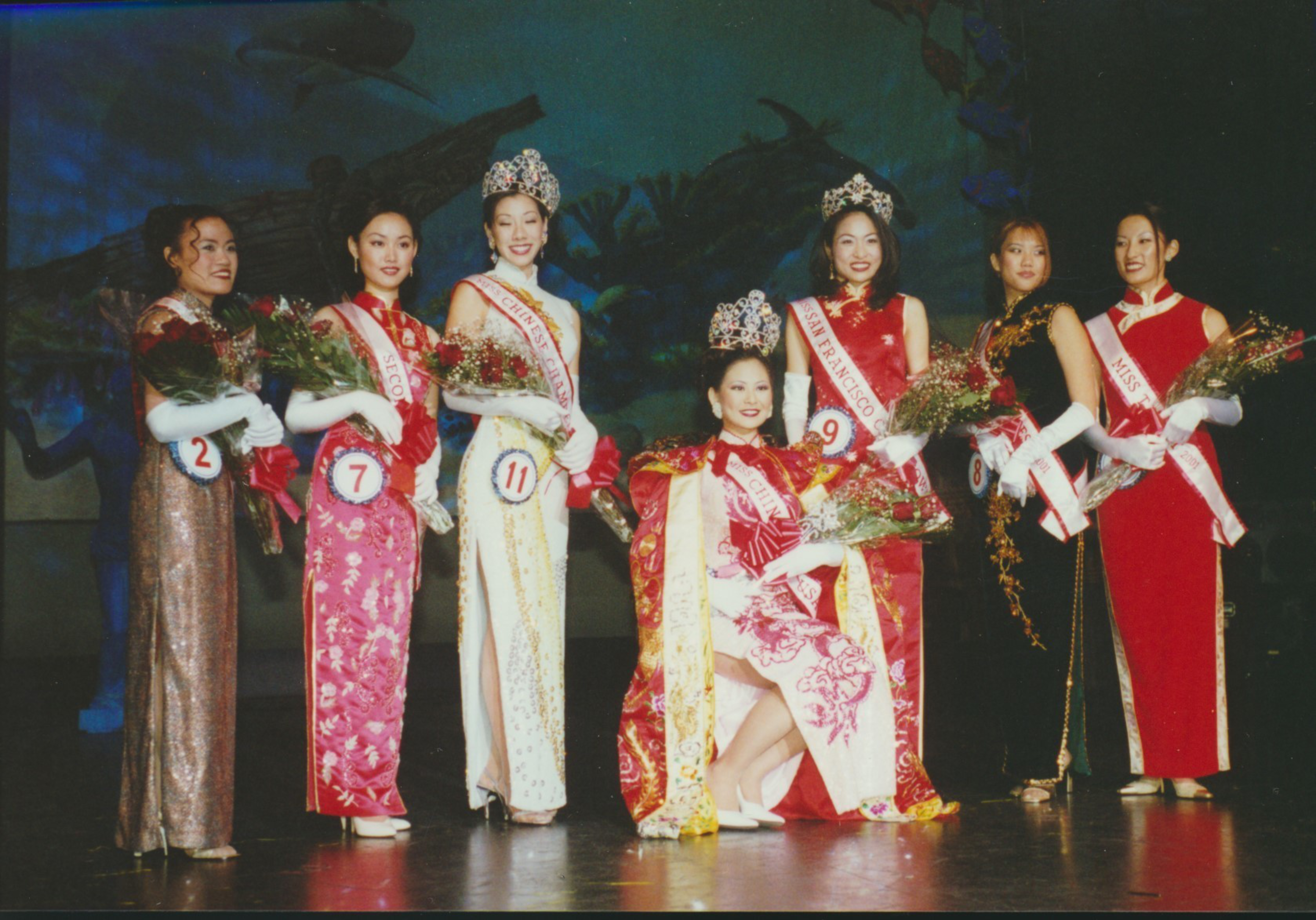Beauty pageants are all but made for cutthroat competition and—increasingly—controversy. But not in San Francisco’s Chinatown.
Miss Chinatown U.S.A., a national Chinese ethnic-focused pageant based in the city, is one of the most prominent events in the neighborhood during the Lunar New Year celebration.
For decades, Chinese-language newspapers have routinely given it front-page coverage, contestants have been invited to major events to greet the public and whoever is crowned queen has become a local celebrity, riding on a float at the iconic Chinese New Year parade.

Now, 75 years after its launch, this historic competition has finally evolved to become more inclusive and less patriarchal.
San Francisco’s Chinese Chamber of Commerce, which organizes the Miss Chinatown U.S.A. pageant, has announced that starting in 2024, more noncitizen immigrant Chinese and multiracial Chinese women will be able to join the contest.
“Younger people are coming here to Chinatown and changing things,” said Alex Fong, a board member of the chamber and a pageant committee co-chair. “Hopefully, this will be reflected in the new pageant.”
Previously, a contestant had to be a U.S. citizen or permanent resident (also known as a green card holder), a requirement that excluded young Chinese immigrants on long-term student or work visas.
For multiracial Chinese, the contestant’s father had to be Chinese—so anyone with a non-Chinese dad and a Chinese mom was automatically disqualified.

But for next year’s event, which is already accepting applications (opens in new tab), those old rules will be eliminated.
Judy Lee, a former Miss Chinatown U.S.A. finalist and one of the few female leaders at the chamber, told The Standard that Asian American pageantry is not just a beauty contest anymore.
“It’s really about women’s empowerment and uplifting the next generation,” Lee said, referring to the public speaking training and networking experiences that the contestants will receive for two weeks.
“As Asian American women, we tend to try extra hard compared to men in general,” she added. “And we’re trying to break that barrier.”
Lee and Chelsea Hung, another former titleholder and Chinese Chamber of Commerce leader, were the major forces in pushing the changes within the chamber, as older Chinese men have historically run the institution.
In 1948, the original Miss Chinatown was a local beauty contest centered on bathing suits. A decade later, after the chamber took over as a host, the pageant became a national competition, with other metropolitan areas’ Chinatowns sending top candidates to compete in San Francisco.

Other than the famed brand Miss Chinatown, other Asian-ethnic pageants have also flourished in recent decades. In 1985, former Miss Chinatown U.S.A. queen Rose Chung went on to start the pan-Asian pageant called Miss Asian California, which is now Miss Asian Global (opens in new tab) and still a popular contest in San Francisco. New York also started the Miss Chinese Beauty Pageant (opens in new tab) two decades ago.
But what about a “Mr. Chinatown” for younger Chinese men?
Fong said, historically, there were Mr. Chinatown competitions, but they remained small in scale and never matched Miss Chinatown’s popularity.
But things are changing, and the chamber may consider restarting it. “We could definitely think about that in the future,” Fong told The Standard.
